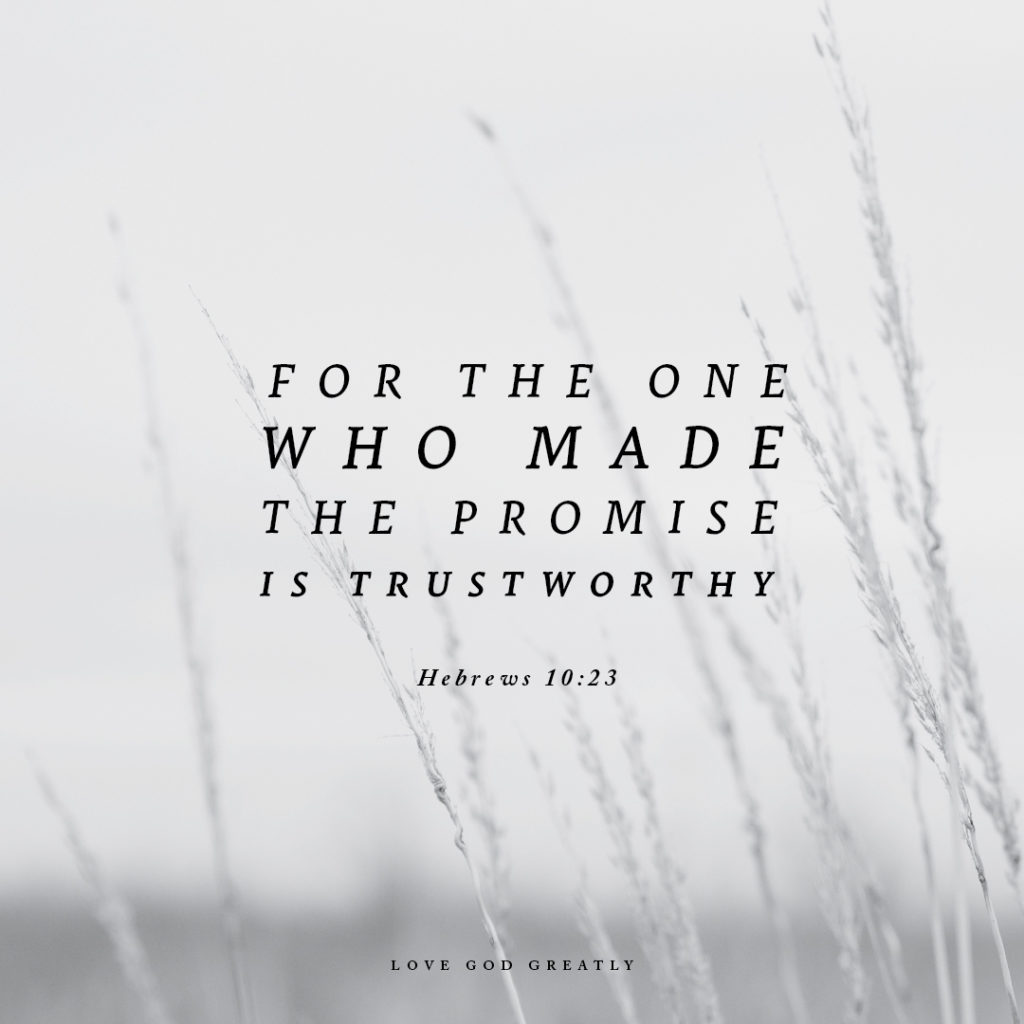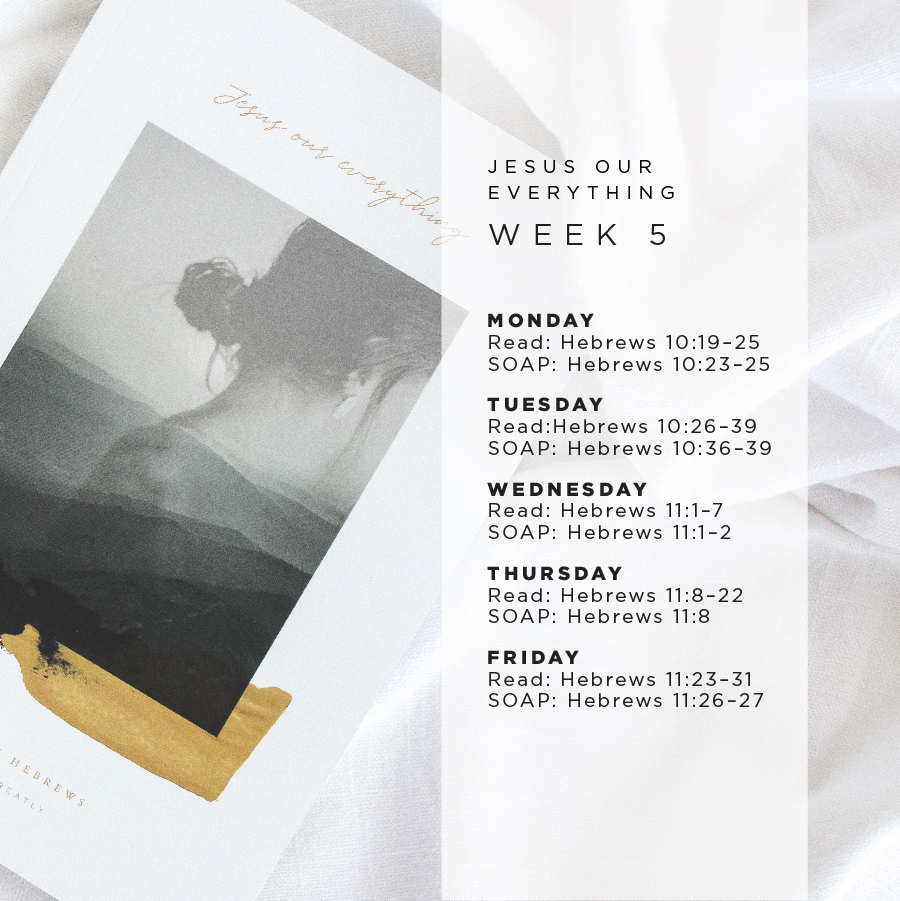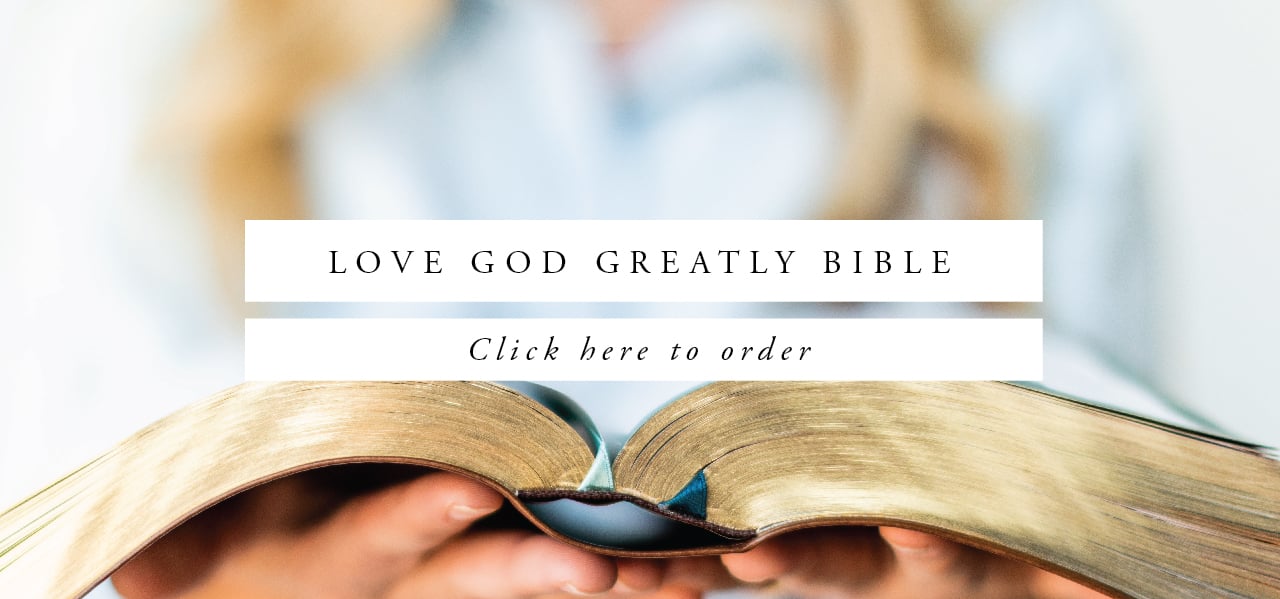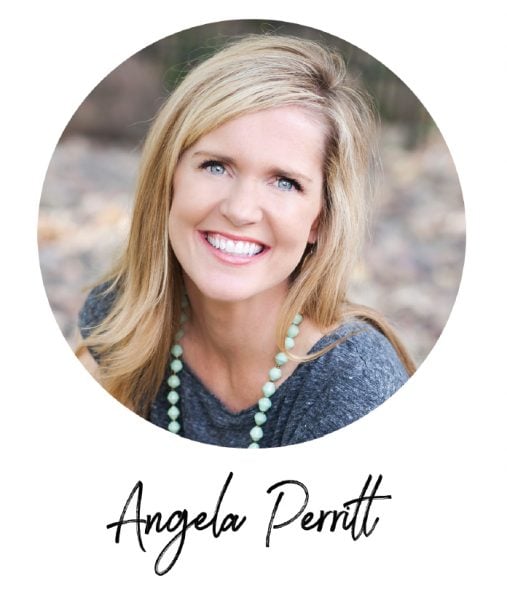
I am a theology nerd. I once greeted my roommate in the morning with a rant about Jesus’ temptation and the hypostatic union, unaware that she might want to wait until after breakfast before diving into a theological problem. Her groggy response was met with an exacerbated, “That’s not how any of this works!” from me. When it comes to my faith, I lean heavily on my knowledge. I relate to God through my mind, and when I read a challenging book or write a well-researched theology paper, I feel close to Him.
Hebrews is a rich book for someone like me, packed with theological exposition that is both illuminating and sometimes a little complicated. This section of the book, 10:19-25, is sometimes seen as a more practical aside. This passage does take much of the theological heavy lifting that has already been done—the old and new covenants, the meaning of the sacrificial system and Christ’s fulfillment of it, the significance of the priesthood—and shows how this truth is the foundation for faithful action. Yet the instructions given here are not given out of context, but as the right response to rich theology.
Christ has made possible a “fresh and living way” for us and living that way will require both that we know truths about Him with our minds and that we live differently because of those truths. Verses 19-22 summarize some of what has come before. Christ’s sacrifice took away the spiritual barrier between us and God, perfectly fulfilling the role of the high priest and giving us the kind of lasting assurance in our status that the old sacrificial system could never provide.
Our first response to these truths comes in verse 22. We draw near with a sincere heart. But this response is not just a practical note at the end of a theological rant, it is the culmination of what all good theology should do: train our hearts to love the right things! We draw near to God, not just an abstract idea of God, but this God who revealed Himself to us through His saving actions.
There are two more imperatives in this section: hold unswervingly to our hope (v. 23) and “take thought” about how to encourage one another to good works (v. 24). After all of the deep theology the author of Hebrews works through to show how Christ has provided us access to God, this is our response: draw near, hold to our hope, and consider how to encourage one another.
This passage is not separate from the rest of the book. Theology is our foundation, not the boring stuff some of us want to fight about before we’ve even brushed our teeth! Who is this God we are drawing near to? What is this hope we are holding to? What are the “good works” we are supposed to encourage one another to do? Why do we meet together, and why would it be an abandonment to stop? Hebrews fleshes out answers to these questions, and then reminds us that once we have understood the content, we have to act on it.
Some of you are probably more like me—the thinking types—and some of you are more like some of my dearest friends and family—the feeling types—but we all need rich theology that changes our lives. Maybe at this point in our Hebrews study you have become discouraged by how complicated some of these passages are, or maybe you’re thrilled with all of the fun questions and problems you get to sort out. Either way, this short passage is an important reminder that the work of studying Scripture is worth it – and that it cannot end with merely thinking, it needs to change our lives.
In fact, this section of verses 19-25, is one long sentence in Greek. It’s one of the funny things about the way Greek works, but it’s also a reminder that none of this can be separated from anything else. Our beliefs drive our actions and our actions reinforce our beliefs. The truths we know about God change how we draw near to Him. The truths we know about His sacrifice change how we hope amidst the seeming despair of our world. The truths we know about the community He has supernaturally created and called His church change how we relate to one another.

Week 5 Challenge:
Hebrews 10:24-25 exhorts us to encourage each other, meet together, and spur one another on to good deeds. Each day this week, commit to building up one sister or brother in Christ in one of these ways. Record in a journal the ways you see God work in your heart and life and in the lives of your fellow believers as you seek to encourage and build one another up.
Week 5 Reading Plan:

Week 5 Memory Verse:




